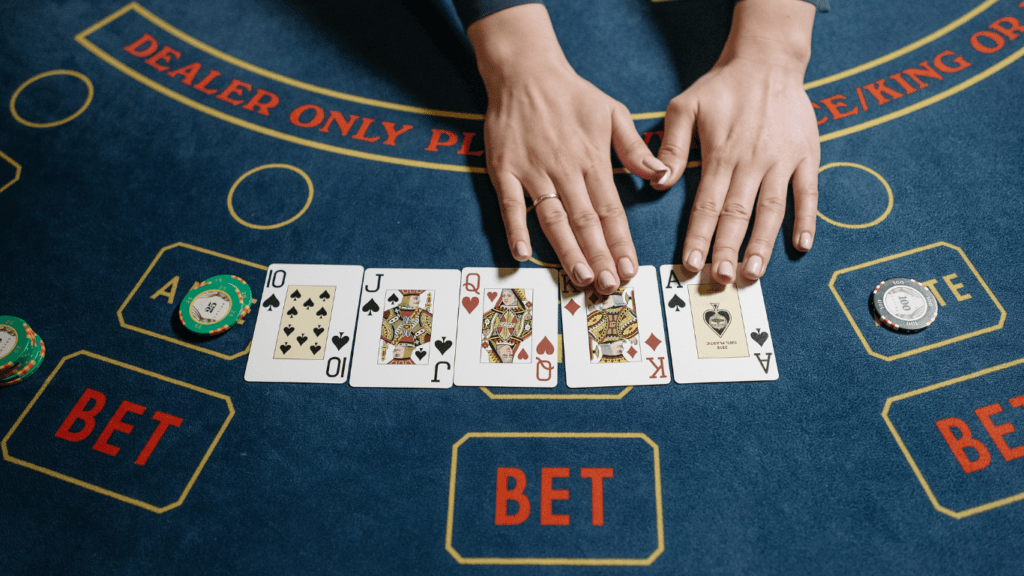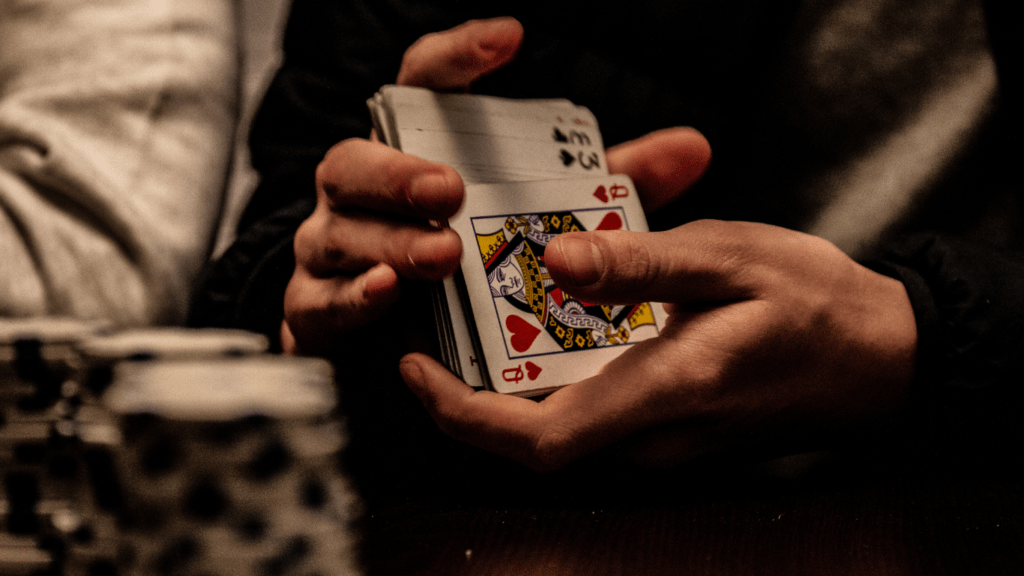The Invisible Hand of Emotion
Walk into a casino, and logic doesn’t lead the way emotion does. Whether you’re pulling a slot lever or betting at the table, your brain isn’t just calculating odds. It’s chasing feelings. Risk becomes less about probability and more about anticipation, excitement, and the thrill of maybe. That shift where emotion takes the wheel happens fast, often below your awareness.
Here’s the science: the brain processes potential rewards in the limbic system, a cluster of speed first, logic last circuits. Dopamine spikes when you’re close to a win even when it’s technically a loss. This is why “near misses” feel almost as good as actual wins. Slot machines are especially engineered to exploit this flashing lights, the sounds, the spinning symbols just one step away it’s all designed to light up your brain like a pinball machine.
The results? You stay in the game longer. You bet bigger. Not because it makes sense, but because your emotional brain screams, “You’re so close.” Rational thinking doesn’t stand a chance unless you know what’s happening under the surface, and even then, it’s a tough fight.
It’s not that gamblers don’t understand the odds. It’s that in the moment, feelings drown facts. And the house knows that better than anyone.
Winning Feels Great Sometimes Too Great
A big win triggers a rush real, chemical, and powerful. Dopamine rushes in, and it feels like you’re on top of the world. That flush of victory doesn’t just make you happy it makes you bold. Suddenly, bets that seemed over the top five minutes ago look manageable. Or even easy.
That’s where trouble starts. The brain starts believing it’s on a streak. Psychologists call it the “hot hand” fallacy: if you’re winning, you assume you’ll keep winning. Confidence turns to overconfidence. Risk feels like skill. And the win you just had becomes the fuel for a bet that’s way out of proportion.
Winning should be celebrated. But running too hot means you stop thinking clearly. Some players start betting faster, raising more, or putting it all back on the line before the high wears off. And then the crash hits harder when the lucky run ends.
Understanding that distinction between riding momentum and protecting gains is key. You’re not invincible. And the best players know when to lock in the win and walk away.
(For more on how emotions steer gambling choices, see this related insight.)
Losing Hurts And It Warps Judgment

Losing doesn’t just sting it messes with your head. The moment you’re down, the instinct to win it all back kicks in hard. Psychologists call it “chasing losses,” but in the moment, it feels more like survival. You convince yourself the next hand, spin, or bet will turn things around. Spoiler: it usually doesn’t.
This mindset leads to what gamblers call emotional tilt. You stop making measured decisions. You speed up play. You bet more than usual. You ignore your own limits. Tilt doesn’t always come with anger it can look like calm, silent tunnel vision. That’s why it’s dangerous.
Walking away sounds simple, but once your emotions are running the show, logic takes a backseat. There’s a subtle shift from wanting to win to needing to win at any cost. Recognizing this spiral isn’t just smart, it’s survival level strategy.
Learn more about the emotional tug of war in gambling decisions here.
How to Outsmart Your Own Brain
Let’s cut through the noise. Emotional gambling leads to bad decisions. So the goal isn’t to feel nothing it’s to slow down the storm before it takes over.
Start with structured pauses. Set session limits before you begin. Not just time based, but emotionally timed too. For example: “If I lose more than X or win more than Y, I pause for 10 minutes.” This may feel robotic, but in the heat of the moment, a pre set rule cuts through foggy thinking.
Cool down routines work best when they’re simple and physical. Step outside. Walk around. Text someone. Change your environment to give your brain a chance to reset. If you’re at home, have a non gambling activity ready making tea, stretching, anything low stakes.
Behavioral science backs this up. Decision fatigue, loss aversion, and intermittent rewards are all baked into the gambling experience. Recon tools like the “pre commitment strategy” and apps that track sessions can separate habit from impulse. Think of it as building friction between you and the knee jerk bet. The more steps between thought and action, the more time your rational brain has to show up.
This isn’t about perfection. It’s about creating fail safes your future self will thank you for.
When Awareness Becomes Your Best Strategy
Gambling decisions often go sideways not because we don’t know the odds but because we don’t notice ourselves slipping into a different headspace. Spotting emotional patterns is key. Do you bet bigger after a loss? Start chasing after a win? Get impatient when you’re bored? These aren’t random mistakes they’re habits tied to emotion, and they run deeper than you think.
Real control starts with distance. When the heart rate spikes or you feel that familiar pull to chase a feeling pause. Step out, breathe, check your balance. Emotional spikes are a signal, not a green light.
The best gamblers know when to stop. Not just after losing, but after winning big too. Those emotional high notes are when people tend to override strategy and gut instincts with pure impulse. Smart players take the win, cool off, and come back later with a clear head. They don’t trudge forward they reset.
Harnessing your emotions doesn’t mean ignoring them. It means catching yourself in real time and deciding if now is really the moment to make a bet, or the moment to take a break.



